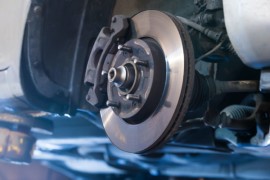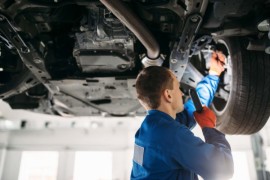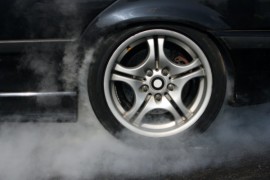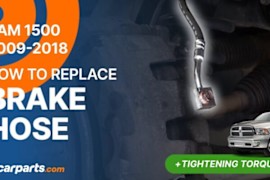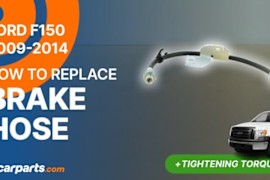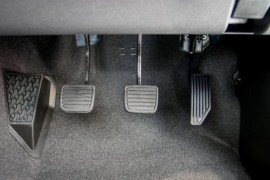{
"lazyNodes": false,
"abFitnotesFlag": false,
"abCrawlReviews": false,
"productOptionsCookie": false,
"orderDelayFlag": false,
"skipSessionCookie": false,
"covidMessage": false,
"fullTitleCookie": false,
"nrLoggerCookie": false,
"checkoutReviewCookie": false,
"productOptionSeqCookie": false,
"maintenanceFlag": false,
"bufferETACookie": false,
"multiShippingDiscountFlag": false,
"newFitmentFlag": false,
"surveyOptInFlag": false,
"crossSellFlag": false,
"skuMappingFlag": false,
"paySplitCookie": false,
"callDisableFlag": false,
"zipPaymentFlag": "u",
"hassleFreeReturn": false,
"lifetimeReplacement": false,
"cpn_off": false
}Need Help? Call Us1-866-529-0412
1997 Chevrolet W4500 Tiltmaster
1997 Chevrolet W4500 Tiltmaster Brake Hoses
Refine by:
Shop Catalog
Showing 1 - 2 of 2 results
Sort by:
Part Number: R1BHH47456
Guaranteed to Fit
$21.49
Vehicle Fitment
- 1997 Chevrolet W4500 Tiltmaster W4S042 4 Cyl 3.9L DIESEL; With Front Disc; To 12/97
- 1997 Chevrolet W4500 Tiltmaster W4S042 8 Cyl 5.7L GAS; With Front Disc; To 9/97
Product Details
Location : FrontProduct Fit : Direct FitWarranty : 1 Year R1 Concepts Limited WarrantyQuantity Sold : Sold individuallyProp 65 Warning :
![]() WARNING: This product can expose you to chemicals including Antimony oxide (Antimony trioxide), which is known to the State of California to cause cancer and birth defects or other reproductive harm. For more information go to www.P65Warnings.ca.gov.
WARNING: This product can expose you to chemicals including Antimony oxide (Antimony trioxide), which is known to the State of California to cause cancer and birth defects or other reproductive harm. For more information go to www.P65Warnings.ca.gov.
Part Number: R1BHH47457
Guaranteed to Fit
$14.99
Vehicle Fitment
- 1997 Chevrolet W4500 Tiltmaster W4S042 4 Cyl 3.9L DIESEL; With Front Disc
- 1997 Chevrolet W4500 Tiltmaster W4S042 8 Cyl 5.7L GAS; With Front Disc
Product Details
Location : RearProduct Fit : Direct FitWarranty : 1 Year R1 Concepts Limited WarrantyQuantity Sold : Sold individuallyProp 65 Warning :
![]() WARNING: This product can expose you to chemicals including Antimony oxide (Antimony trioxide), which is known to the State of California to cause cancer and birth defects or other reproductive harm. For more information go to www.P65Warnings.ca.gov.
WARNING: This product can expose you to chemicals including Antimony oxide (Antimony trioxide), which is known to the State of California to cause cancer and birth defects or other reproductive harm. For more information go to www.P65Warnings.ca.gov.
Page 1 of 1 | Showing 1 - 2 of 2 results
Popular Products

R1 ConceptsBrake Hose - Direct Fit, Sold individuallyManufacturer #BHH-47456
( Reviews) Questions, Answers
R1 CONCEPTS BRAKE HOSE
Transform your daily drive using R1 Concepts Brake Hose. This product enhances braking performance, ensuring smoother, safer, and more reliable stopping in various conditions.
- Made with state-of-the-art technology, this p...
Helpful Automotive Resources
Good Brakes vs. Bad BrakesFor brakes to generate friction, a special braking material (aramid, asbestos, etc.) is pressed against a secondary material that rotates along with the wheel. This secondary material may come in two forms: brake drums and disc brakes.
Fluid pressure in the brake lines can easily reach 1500-2000 psi, and for that
Brake Hoses Guide: Types and FAQs About ReplacementBoth brake hoses and brake lines act as conduits to transport brake fluid from the master cylinder. The difference is that the brake lines are metal tubes that connect the majority of the brake system and run the length of the vehicle. On the other hand, the brake hoses are
Why Are My Brakes Smoking?For example, driving down a very long hill where you have to keep the brakes applied to prevent overspeed may cause excessive heat to build up, leading to a burnt smell or, in worse cases, actual smoke coming out of the front or back of your vehicle.
How to Replace Front Brake Hose: 2009-2018 Dodge RAM 1500Here’s the toolbox we recommend to repair your Dodge RAM 1500: HM85 85 Piece Ratchet and Socket Set
How to Replace Front Brake Hose: 2009-2014 Ford F-150There are no tightening torques for this operation.
Tools Checklist
What Causes Spongy and Soft Brakes? Plus How to Fix ThemIf you’re dealing with a spongy brake pedal, that usually means air is trapped in the brake system. Of course, air trapped in the system isn’t the only possibility. All of the following problems are common causes of a spongy brake pedal:
Air in the brake systemContaminated brake fluidA brake hose




